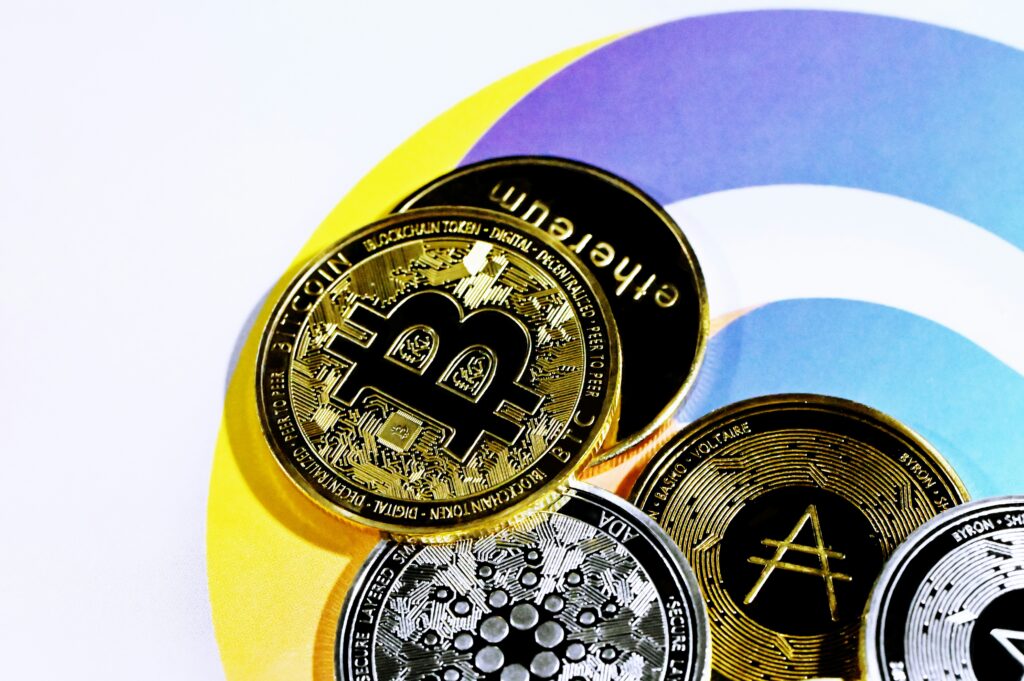Tokenized assets are revolutionizing alternative investments by using blockchain technology to enable fractional ownership.
But are they right for your portfolio?
Read on to find out.
How Do Tokenized Assets Work?
Tokenization turns alternative assets like real estate, art, or private equity into digital tokens on a blockchain.
Each token represents a piece of ownership, making it easier for investors to trade or hold smaller shares.
The blockchain acts as a secure, decentralized ledger, ensuring every transaction is transparent, traceable, and tamper-proof.

Why Consider Tokenized Assets?
Tokenized investments come with a few advantages:
- Accessibility: Fractional ownership can make investing possible for smaller budgets.
- Efficiency: Blockchain can streamline transactions and reduces fees.
- Global Reach: These assets open doors to worldwide investment opportunities.
But Are They Safe?
Tokenized assets bring a lot of potential, but they’re not without risks.
Regulatory uncertainty can create legal challenges, while cybersecurity threats and market ups and downs add to the mix. Smart contracts, which are self-executing agreements encoded on the blockchain, can also have flaws if they’re not properly reviewed.
To stay safe, try sticking with reputable platforms that prioritize security and take the time to understand the assets you’re investing in. You can use our educational tools to help you.
Traditional vs. Tokenized Alternatives
Tokenized assets can give you liquidity, lower costs, and flexibility. Whereas traditional alternatives often require larger commitments and longer lock-up periods.
However, traditional investments are more established and may appeal to those prioritizing stability.
Are Tokenized Assets Right for You?
If you’re tech-savvy and seeking innovative, liquid investment options, tokenized assets could be an exciting addition to your portfolio.
Curious if tokenized assets align with your goals? Take our quiz Are Tokenized Assets A Good Fit for Your Investment Portfolio? below and find out!

